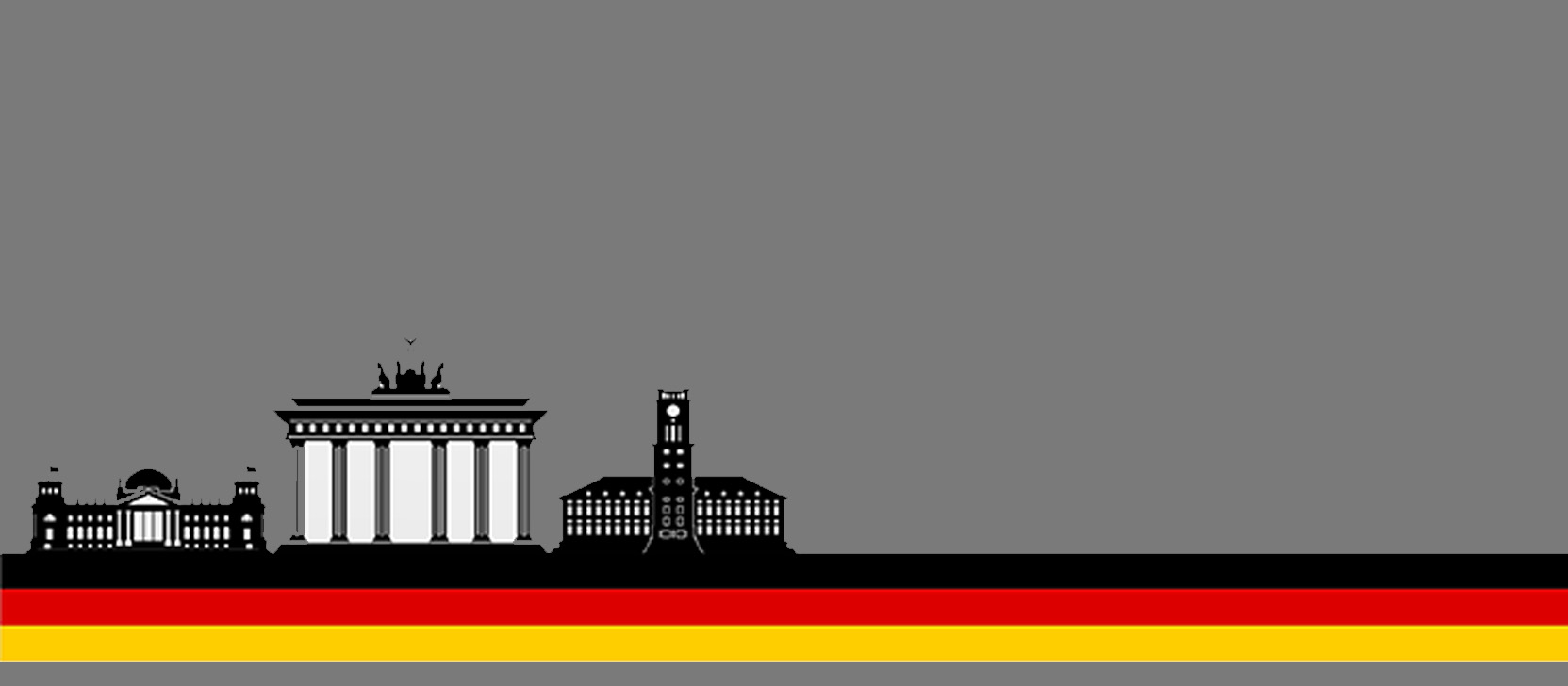About the
Program
A Bachelor of Arts in Languages develops students’ proficiency in one or more foreign languages and their understanding of diverse cultures, histories, and literatures associated with those languages. The program offers courses in linguistics, translation, and intercultural communication, preparing students for global careers in translation, international relations, tourism, education, and business. Graduates with a BA in Languages are equipped for opportunities in multinational companies, government agencies, NGOs, or advanced academic pursuits in linguistics and cultural studies.
Program
Highlights
- Multilingual Proficiency: Intensive training in reading, writing, speaking, and listening in multiple languages to achieve fluency and proficiency.
- Cultural Diversity: In-depth exploration of cultural, historical, and literary contexts of chosen languages to foster global understanding.
- Linguistics and Translation: Focus on language structure, linguistics, and translation skills to prepare students for bilingual and multilingual communication.
- Practical Experience: Opportunities for internships, study abroad programs, and cultural exchanges to apply language skills in real-world scenarios.
Program
Outcomes
- Language Proficiency: Graduates will achieve fluency in their chosen languages, excelling in reading, writing, speaking, and comprehension.
- Cultural Competence: Students will gain a profound understanding of the cultures, histories, and literatures associated with the studied languages, enabling effective cross-cultural engagement.
- Translation and Interpretation Skills: Graduates will be skilled in translating and interpreting texts and dialogues across languages with accuracy and cultural sensitivity.
- Career Readiness: Students will be prepared for diverse career paths in international business, translation, tourism, education, or further academic research in language studies.
Program
Scope
The BA in Languages program offers a broad curriculum combining linguistic expertise with cultural and historical knowledge of the regions where the chosen languages are spoken. Students will develop advanced skills in their selected languages while gaining insights into global traditions, literature, and modern influences. The program also emphasizes practical training in translation, interpretation, and intercultural communication, paving the way for diverse career opportunities or higher studies in language-related fields. Graduates will be adept at contributing to sectors requiring multilingual capabilities, including international relations, business, and education.
Program
Key features
- Comprehensive Language Training: Rigorous focus on achieving fluency in reading, writing, speaking, and listening across multiple languages.
- Cultural and Historical Exploration: Detailed studies of the histories, cultures, and literatures associated with the chosen languages to provide contextual understanding.
- Global Learning Opportunities: Access to study abroad programs and internships for immersive language practice and cultural exposure.
- Career Development Support: Dedicated resources and guidance for students to explore career opportunities in translation, tourism, international business, education, and more.
